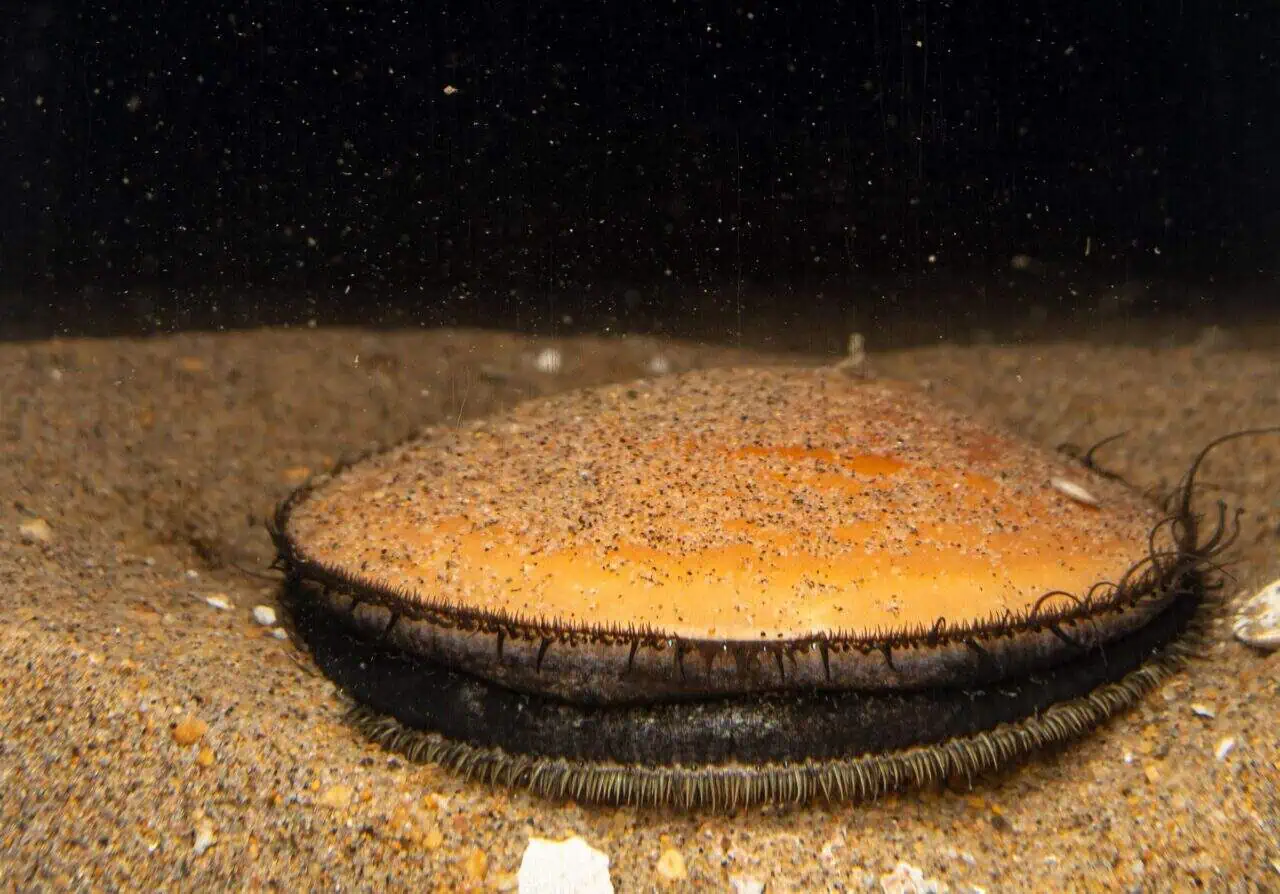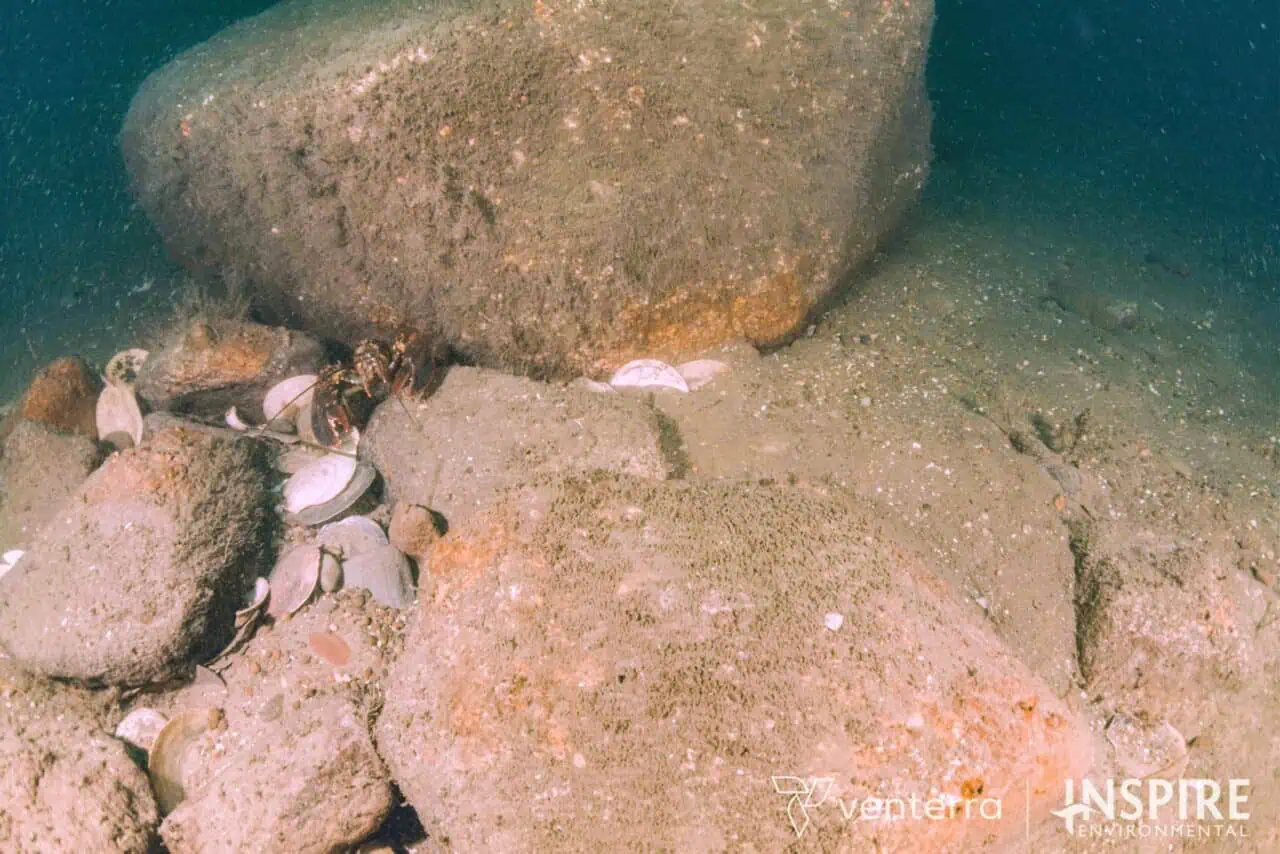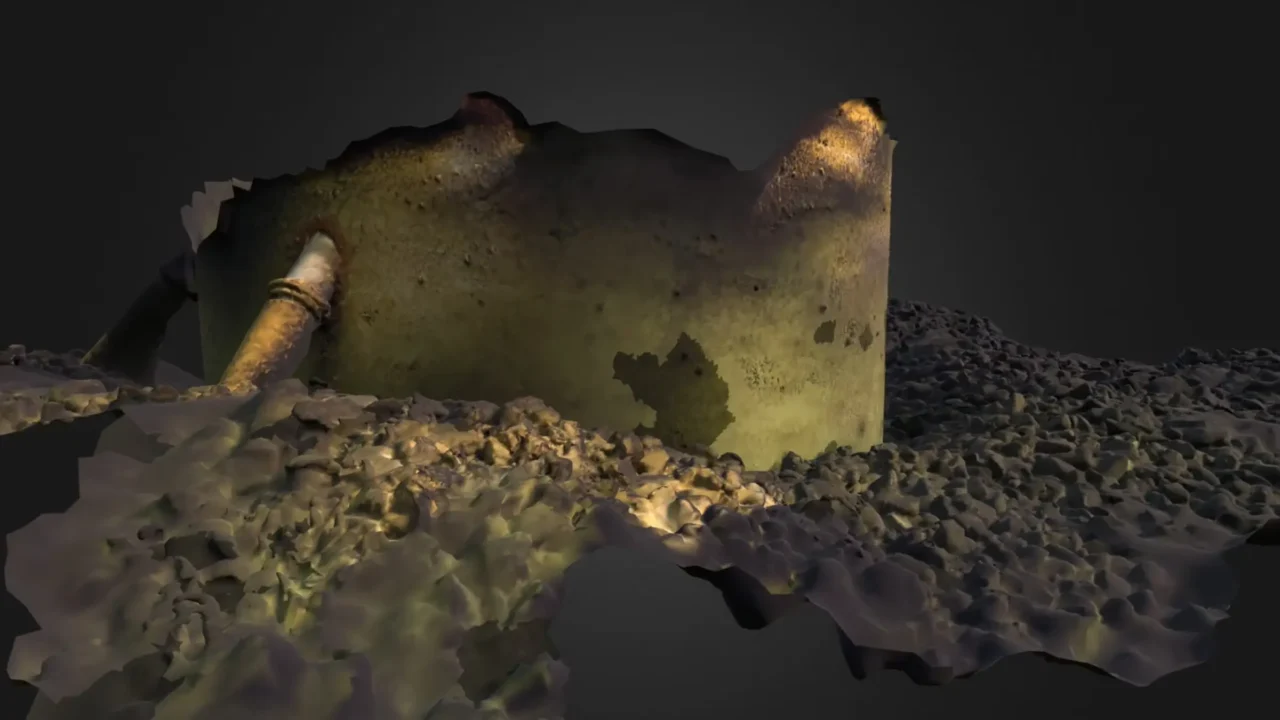Publications | Published on 06.06.99
Ecology, statistics, and the art of misdiagnosis: The need for a paradigm shift
Despite all the advances in theoretical ecology over the past four decades and the huge amounts of data that have been collected in various marine monitoring programs, we still do not know enough about how marine ecosystems function to be able to make valid predictions of impacts before they occur, accurately assess ecosystem “health,” or perform valid risk assessments. Comparisons are made among the fields of psychology, social science, and ecology in terms of the applications of decision theory or approach to problem diagnosis. In all of these disciplines, researchers are dealing with phenomena whose mechanisms are poorly understood. One of the biggest impediments to the interpretation of ecological data and the advancement of our understanding about ecosystem function is the desire of marine scientists and policy regulators to cling to the ritual of null hypothesis significance testing (NHST) with mechanical dichotomous decisions around a sacred 0.05 criterion.


